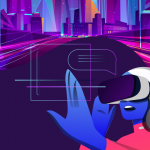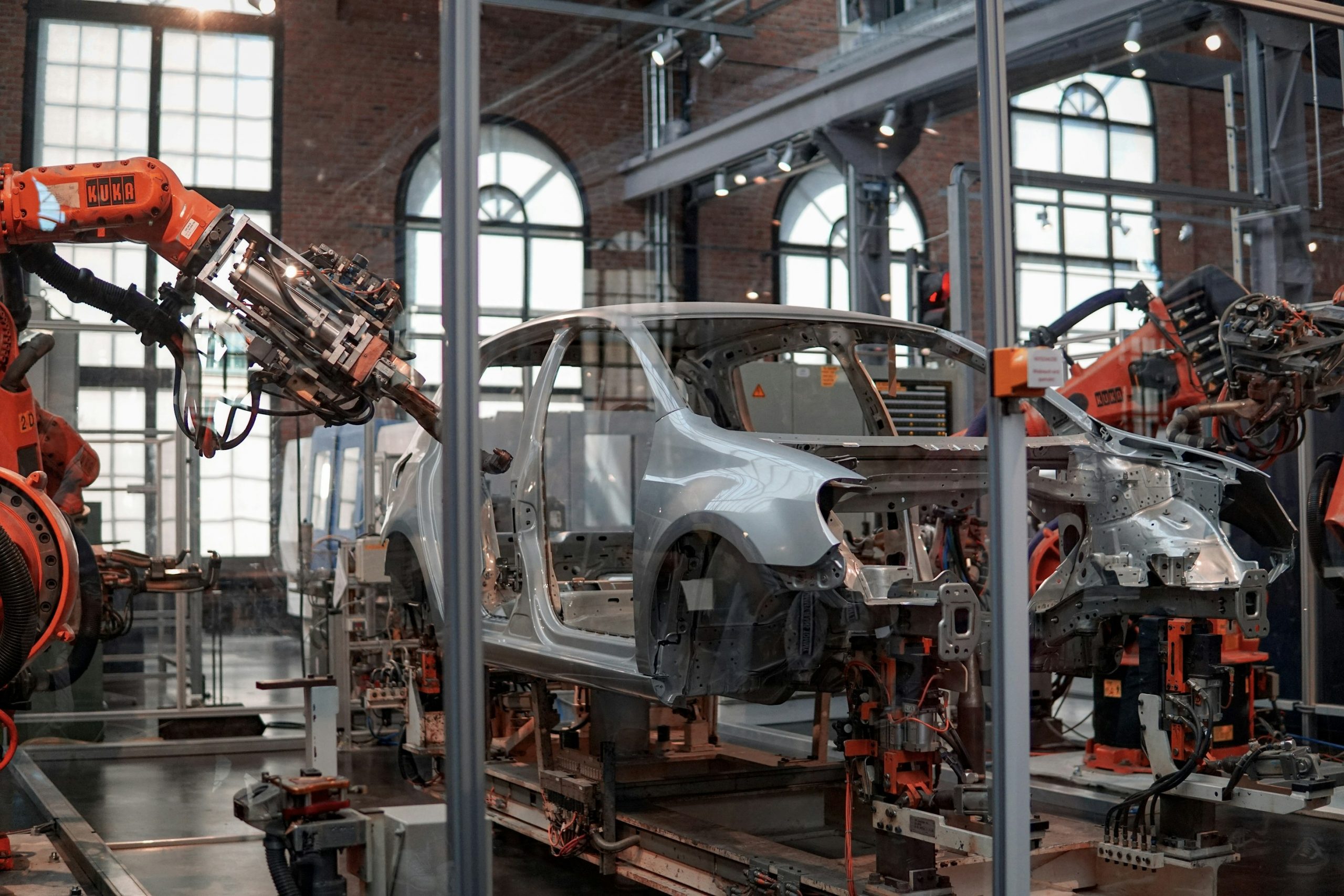Real metaverse applications4 min read
Reading Time: 3 minutesReading Time: 3 minutesIn the past few months, the metaverse has been discussed by specialists of any job title. This tendency has continued since 2021, when internet searches for term of metaverse increased by 7,200%, along with Facebook rebranding itself as Meta last December; moreover, CEO Mark Zuckerberg announced his plans to “help bringing the metaverse to life”. A month later, the gaming giant Activision provided the “building blocks for the metaverse” to its potential buyer Microsoft. The Metaverse promises a stunningly realistic 3D digital world where you can buy and sell goods and services, sign and enforce contracts, hire and train talent and interact with customers and communities.
At the end of April this year, the ZIBS Metaverse campus was opened, which is dedicated to the 125th anniversary of Zhejiang University. The business school itself is located in the heart of the Yangtze Delta region (eastern China) and has a rich world-class ecosystem for innovation and entrepreneurship. The online sphere has become a constant trend in the development of edtech, so the university hopes to explore building campuses in the metaverse by introducing a number of immersive technologies into higher education classrooms. These processes will build an authentic and interactive educational experience for students and advance higher education to a new level. One of the project partners, Hong Kong’s largest publishing group Sing Tao News Corporation Limited, is currently promoting a “dual-drive” model, combining traditional and new media in the process of building a competitive multimedia platform. The company has a global footprint in mainland China, Hong Kong, the US, Canada and the UK, so the collaboration in promoting the campus between Sing Tao and ZIBS will bring media and higher education into a new era, according to Sing Tao’s co-CEO, CAI Jin.
Also this spring, an experiment was conducted among 100 secondary school students as part of a study on the effectiveness of VR learning, co-authored by Richard Mayer, a multimedia learning researcher. The first group of pupils were introduced to new material on the topic “climate science” using a VR headset, and the second one was teached by standard video on a computer. The hypothesis was that the students watching in VR would report higher enjoyment and higher interest in learning material. It was confirmed: students from the VR-group did actually perform significantly better on two tests in the same semester. The reports indicated a high degree of engagement, interest and enjoyment. “The findings support a deeper understanding of how creating unique educational experiences that feel real (i.e., create a high level of presence) through immersive technology can influence learning through different affective and cognitive processes including enjoyment and interest”, – Mayer and his colleagues write. Despite the short duration of the VR adventure (only 9 minutes), there is an obvious logistical advantage to the virtual environment, because it allows you to experience things that are too expensive, dangerous or impossible in the real world.
In May, University of Miami students took part in the spring semester course “Religion and Sacred Spaces in the Era of VR and Al” to explore how spiritual practices and spaces would exist in a 3D metaverse that people can enter with a virtual reality headset. This course used Oculus Quest 2 virtual reality glasses. One participant said that she was in an outdoor arena next to the ocean, triangular transparent panels formed a roof over her, and her classmate stood in a well-kept courtyard facing a large revolving Buddha statue and together with other students placed candles around the statue to the sound of flute music. Each participant also had the opportunity to choose a character for themselves: some were dressed as astronauts, another student appeared as a frog. Students and teachers have discovered new possibilities for the future of education, thanks to the first university course held in virtual reality.
The Metaverse has the potential to fundamentally change how companies, educators and consumers interact with products, services and each other. Today, many young consumers are already trying on virtual clothes in virtual retail stores or buying virtual goods for their virtual play spaces. Artificial intelligence is helping to create digital reflections that combine computer vision, speech and deep learning to offer real-life experiences to users. The decentralization of finance makes possible the existence of partially automated financial systems with the economy, supported by the blockchain. In addition, digital consumers and the impact of the Covid-19 on consumption habits are fueling demand for the virtual products and experiences that the metaverse offers.




